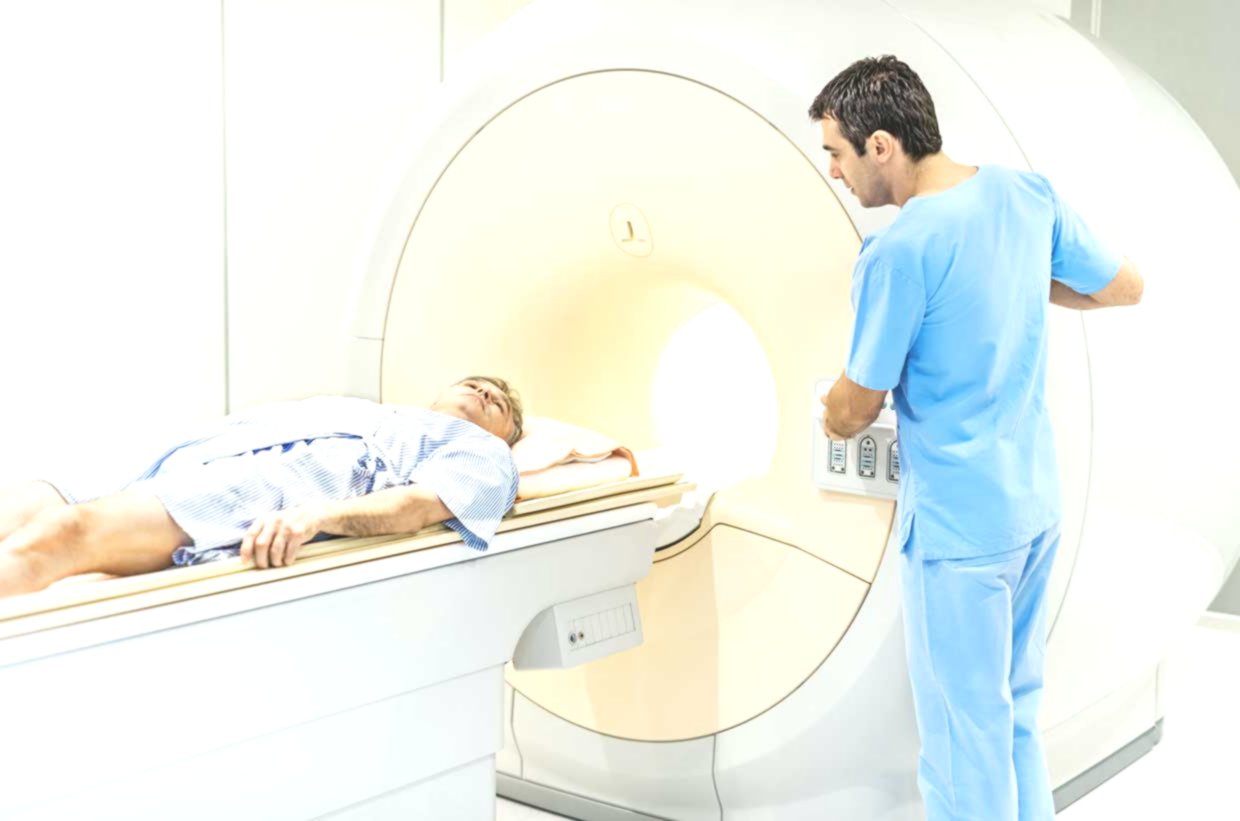
Prostate cancer is a tumor that occurs primarily in men over the age of 60. This does not mean that younger men cannot also fall ill. As the incidence of prostate cancer increases, you should definitely consider the possibility of checkups, regardless of your age. Experts are now advising men over the age of 18 to take preventive measures. There is also talk of a supply gap in the age group 18 to 35. Younger men, in particular, are more difficult to sensitize to this provision. Wrong shame, especially in the case of erectile dysfunction, can lead to prostate cancer being recognized too late, which makes healing difficult, or in the worst case, even impossible. Every year, around 12,000 men die of prostate cancer in around 50,000 new cases in Germany. Only about 14% of all men use the check-up at all. The health insurance companies cover the costs for men over the age of 45. If you suspect the various symptoms, you are free to be examined in any age group at the expense of the health insurance.
The screening for early detection of prostate cancer is simple and painless. The contact person is the urologist as a specialist in the field. If you want to take advantage of the preventive medical check-up, please register in the practice of your choice. Prostate screening consists of:
- medical consultation
- survey
- palpation
- PSA testing
- Ultrasonic
If the results are positive, the doctor will order further examinations, which are also used for early detection. These include biopsy, magnetic resonance imaging and magnetic resonance spectroscopy.
Doctor’s consultation and assessment
During the doctor’s consultation, the doctor will ask you about any abnormalities. Here you should describe possible signs. Above all, this includes urinary disorders, but also problems with potency. These symptoms are indications that there are changes in the prostate. Also describe these symptoms if you consider them to be signs of aging or if you do not feel restricted. Also report if male relatives have prostate cancer. This can also increase your risk and is therefore included in the preventive medical check-up. Prostate cancer grows slowly in most sufferers. Therefore, in most cases there is no need to make serious decisions within a short period of time.
Assessment and tactile examination
Prostate cancer and testicular cancer can be treated well with early detection. During the assessment, the doctor checks whether changes can be seen from the outside. For the tactile examination, the doctor must palpate the prostate with one finger. To do this, he has to insert a finger into the anus. As a patient, you will most likely be on your side. The examination is carried out as gently as possible and is not painful. It also usually ends in a minute. For most men, the psychological effect is more stressful than the examination as such. However, doctors repeatedly report that their patients subsequently explain that they thought the touch test was worse. The prostate is about the size of a chestnut. If you notice any abnormalities, the doctor will feel an enlargement. There is also the possibility that the surface and / or the consistency has changed. If that is the case, it means no cancer diagnosis. In most cases, the cause is a disturbing but harmless cause. For this reason, the doctor then initiates further examinations.

PSA test for prostate prevention
PSA is the abbreviation for prostate-specific antigen. When prostate cancer develops, the tissue is able to produce PSA. This also applies to metastases, which in turn means that the natural PSA level can rise significantly. The PSA test is therefore also suitable as a tumor marker. However, the PSA provision alone is not enough. So a low level of PSA is not a sure proof that it is not cancer. However, if the PSA level is high, the likelihood that it is prostate cancer increases. Further examinations can substantiate the suspicion or also provide evidence that it is not prostate cancer. The PSA test is not without controversy. If your doctor refuses to do this, he will use other preventive methods. The PSA examination is not directly part of the early detection procedure, but is rather attributed to the clarification examinations. If cancer is suspected, this examination is carried out in any case.
Ultrasound examination for the early detection of prostate cancer
Ultrasound is also part of the screening process for the early detection of prostate cancer. The doctor will only recommend an ultrasound examination if there is already suspected cancer. The ultrasound examination is also performed rectally. It usually follows when there are abnormalities in the tactile examination. The doctor can now use the monitor to get an impression of the changes that he previously felt.

Magnetic resonance spectroscopy and magnetic resonance imaging
Magnetic resonance spectroscopy (MRS) is a biochemical procedure and helps to precisely differentiate the composition of prostate tissue. Together with magnetic resonance imaging, the procedure delivers very meaningful results.
Magnetic resonance imaging (MRI) is a specialized procedure for the diagnosis of prostate cancer. The prerequisite that this procedure delivers a reliable result is that the accompanying doctor has special expertise. The device itself must also be of a high quality. These examinations are not part of the regular preventive measures. They are only used when there is concrete suspicion. Your advantage is the painless examination with low radiation exposure.
Biopsy in the early detection of prostate cancer
For a biopsy, the doctor must remove tissue from the prostate. This tissue is examined in the laboratory to make the diagnosis. A biopsy is therefore not part of the precaution, but is part of the early detection measures. However, it does not necessarily have to be carried out. If the tumor shows that it is growing very slowly, this can be a reason to forego the procedure. However, there is no risk that a biopsy will increase growth or promote the formation of metastases.

Preventive examinations as IGeL services
IGeL is the abbreviation for individual health services. Services are treatments and examinations by medical specialists. Individual health services are services that health insurance companies do not necessarily have to cover. In these cases, other service providers can step in. If this is not the case with you, you are obliged to pay yourself. The doctor treating you will inform you in advance and tell you what costs you will have to pay. Your health insurance company can also provide you with information. Upon request, you will be informed which screening examinations for the early detection of prostate cancer will be carried out, but also which are particularly recommended. If cancer is suspected, the health insurance will cover all examination costs. Your age is irrelevant. It does not matter whether you have taken advantage of the annual check-up in previous years. Your health insurance company will cover the costs once a year if you are over 45 years old. The scope of the normal check-up includes the tactile examination, examination of the genitals and palpation of the lymph nodes in the groin.
Conclusion:
Take advantage of the precautionary offers if you are classified as at risk or if you are older than 45 years. In addition, observe changes in natural processes and inform your doctor of any disorders at an early stage.